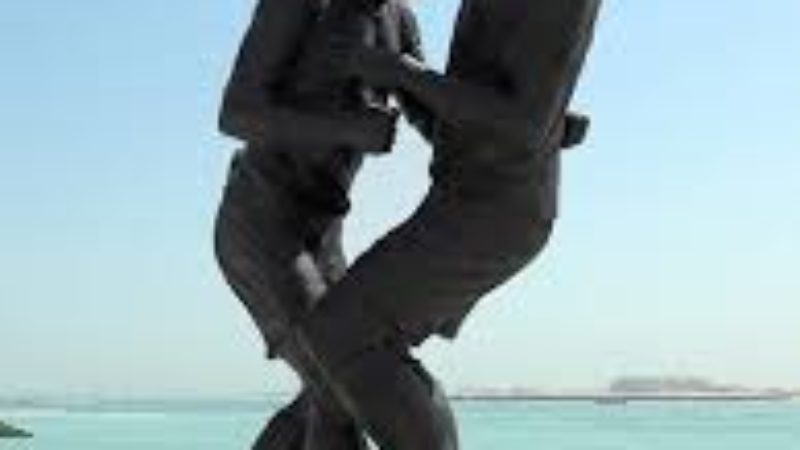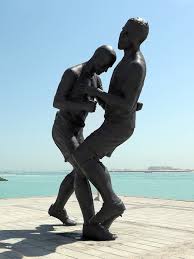
William Hague’s plot to oust the Speaker last month was not just grubby, it was a final act of a desperate Tory campaign. With the polls at a deadlock in the countdown to the General Election, now we can see the failed Tory coup was about electoral arithmetic rather than a petty squabble. And these desperate tactics could cost them dear.
During the death throes of the last Parliament, when most MPs had packed their bags and left for the campaign trail, a plot was hatched to remove the Speaker. William Hague, the former Conservative Party leader now heading for retirement, played his last card by organising a swift vote to dislodge John Bercow, the man who had spent the last few years winding Conservative frontbenchers up with his apparently audacious habit of summoning them to the House of Commons to justify their positions.
William Hague’s ultimately failed bid was denounced as a ‘grubby’ act that was beneath him. But as an insightful footnote at the end of a May2015 election forecast shows, this move was more calculated then that. As the long-predicted ‘crossover’ in the polls failed to materialise, the Tories knew they needed every seat they could get their hands on, and they thought they might be able to snatch one from the Speaker.

As the footnote states, no Speaker has ever returned to the backbenches after being dethroned. It follows that the Speaker would likely retire and Buckingham, a constituency that has returned a Tory MP to the House of Commons in each election since 1970, would go blue once again.
Hague’s move was seen as a cheap piece of political theatre well beneath what we might expect from a former Foreign Secretary. But now we can look back on it as William Hague’s ‘Zinedine Zidane moment’.
One balmy summer’s eve in Berlin in 2006, France met Italy in the final of the World Cup. It was a tight match, with the game going into extra time with the score level. It was a cagey affair with both teams aware that a slipup could cost them the opportunity to lift the biggest prize in football. But then the deadlock was broken as Zidane – who was retiring after the tournament – took a stand against the relentless jibing from the Italian defender Marco Materrazi. Zidane stopped suddenly, turned, and charged his head into the sternum of Materrazi. It would be the mistake that cost France the World Cup, leaving Zidane watching from the changing room as Materrazi hoisted the trophy above his head.
So it was with Hague’s attempted takedown of the Speaker. Ending an impressive career in disgrace, (even the Mail called it a ‘humiliating’ event for Hague) the retiring former statesman – often regarded as being above these sorts of dirty tactics – had descended into the gutter as the pressure and desperation reached tipping point. Hague’s own charge had failed. The Speaker remained in place and is now set to comfortably remain the Independent MP for Buckingham, the seat the Tories had been so desperate to take.
Like the 2006 World Cup final, only one team will come out on top after votes are cast and the electoral arithmetic is added up. As David Cameron, Lynton Crosby and William Hague sit watching the election results drift in from around the country, scratching their heads as to how they might amass enough Commons votes to keep them in power, they might share a little empathy with Zidane that evening. Sat alone in an empty changing room in the Olympiastaddon, he knew that had he kept his head up, and kept playing the game rather than the player, he might be out there on the pitch lifting the trophy.
Cameron Tait is Senior Researcher at the Fabian Society and tweets at @cameronrjtait




More from LabourList
Government abandons plans to delay 30 local elections in England
‘The cost of living crisis is still Britain’s defining political challenge’
‘Nurses are finally getting the recognition they deserve’